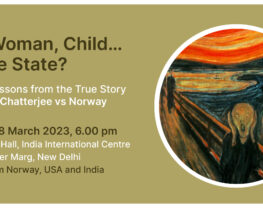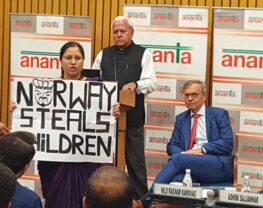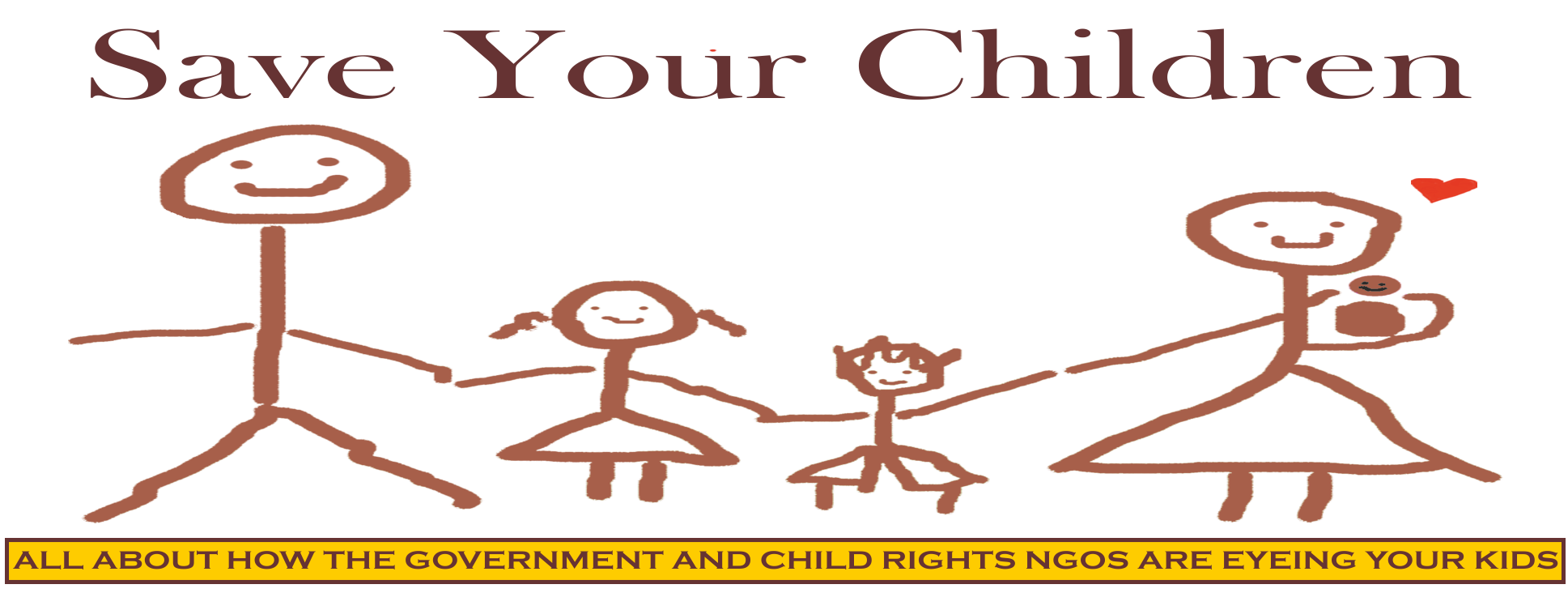Tor Age Berglid of Barnet’s Best speaking at International Seminar on the Humanitarian Crisis caused by CPS Worldwide. Seminar held …
Category: Norway
Norway CPS, No Transparency, Public Lawyers Underpaid, Case Workers Lack Cultural Understanding
Activist and Mother, former Barnevernet victim, Inez Isabel Arnesen from Norway, speaking at seminar: ‘Man, Woman, Child…..and the State? Lessons …
India Child Welfare Head Lauds Mrs Chatterjee Film. Sagarika Fit Mother Norway Inhumane Mechanical
Shikha Sarkar, Chairperson of the Burdwan District Child Welfare Committee in 2012 that restored Sagarika Chakraborty her children, speaks at …
Shatrughan Sinha and Manoj Jha at Seminar on Issues Raised by Mrs Chatterjee vs Norway
International Seminar held on 18 March 2023 at India International Centre, New Delhi. ‘Man, Woman, Child……and the State? Lessons from …

Seminar: Man, Woman, Child….and the State? Lessons from the True Story behind Mrs Chatterjee vs Norway
This is a full video of a seminar held on 18 March 2023 at the prestigious India International Centre in …
Suranya Aiyar Delivers Letter to Norwegian PM Erna Solberg Against Barnevernet During Visit to India
January 9, 2019 The Norwegian Embassy refused to send a Norwegian official to receive my petition. After telling security to …

Suranya Aiyar Protests before Norwegian Ambassador Nils Ragnar Kamsvag
9 July 2019 Today I held a solo mother’s protest at an Indo-Norwegian event attended by the Norwegian Ambassador to …
Norwegian Magazine Ny Tid Publishes Suranya Aiyar on Bengali Tigresses and Barnevernet in Anticipation of Mrs Chatterjee vs Norway Release
The Norwegian version of this article published on 15 March 2023 is here https://www.nytid.no/%EF%BF%BCbarnevernets-kulturelle-fordommer/?fbclid=IwAR1N9cC4gxE2Fw95sK_9BxMBD-FqyOCpiezskSNWj_nmzm9bdpeYfQOCF2M Below is the English original of …
Norway must Learn from Mrs Chatterjee vs Norway
by Suranya Aiyar A version of this article was originally published in the Indian Express in March 2023. With the …
After Release of Mrs Chatterjee vs Norway Experts Weigh in on the Flaws in Norway’s and other Western States’ Child Protection Model
A sensitive, insightful and informed piece by retired Civil Servant and Honorary Professor of Panjab University, Prof. Krishna Kumar. The …
